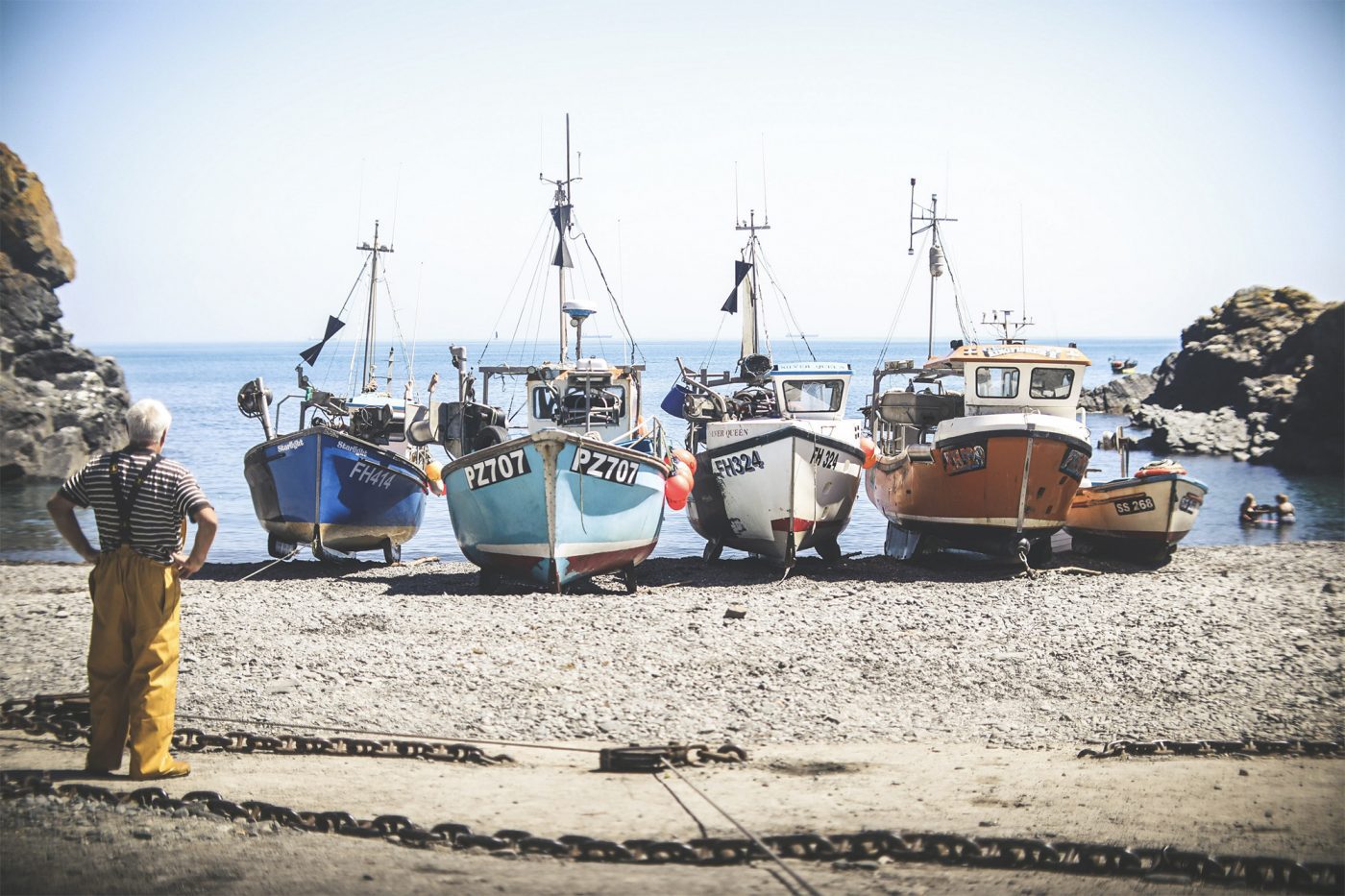16 March 2017
Each week, the NFFO shines a spotlight on a different aspect of its policy towards the UK’s departure from the EU and therefore from the Common Fisheries Policy
This week the focus is on:
National quota shares
The UK shares over 100 stocks with other countries, including EU member states and Norway. Relative Stability is the name given to the quota allocation keys adopted as part of the CFP in 1983. It is widely acknowledged that the interests of the UK’s fishing industry did not occupy a particularly high place in the HMG’s priorities at the time and as a result, the UK’s Relative Stability allocations do not reflect a fair or reasonable share of the stocks which are fished in UK waters.
Our view is that as a matter of principle, the UK’s quota shares should reflect the resources present in our waters. It may subsequently be in our interest to use some of these resources as currency to negotiate other fishing opportunities, or to secure access to European markets; but the baselines for a post- Brexit fisheries regime should be the renegotiation of the UK’s quota shares to reflect the resources located in UK waters.
As part of the recalibration of quota shares between the UK and EU we would expect The Hague Preference or other mechanisms derived from the CFP, will to no longer be relevant to the UK.
The UK’s quota of stocks shared with other countries should be based on an objective evaluation of the resources located in the respective EEZ.
International Quota Swaps and Transfers
Irrespective of renegotiated national quota shares, the UK and EU after the UK’s departure from the EU, will have a mutual interest in maintaining a flexible mechanism to initiate and execute international swaps and transfers. Given the dynamic character of fisheries, the swaps mechanism, through which country to country exchanges can be made (often initiated by producer organisations) is the primary way in which in-year shortages and surpluses are smoothed, bringing substantial benefits for all involved and optimising the economic returns across many quite diverse fisheries. The mechanism to swap and transfer quota is an important way to future-proof the availability of quota against biological and market shifts.
Quota exchanges at government level also provide an important mechanism for optimising benefits, either through direct transfers or as part of more complex fisheries trades. It is important also that this type of arrangement continues post-Brexit.

